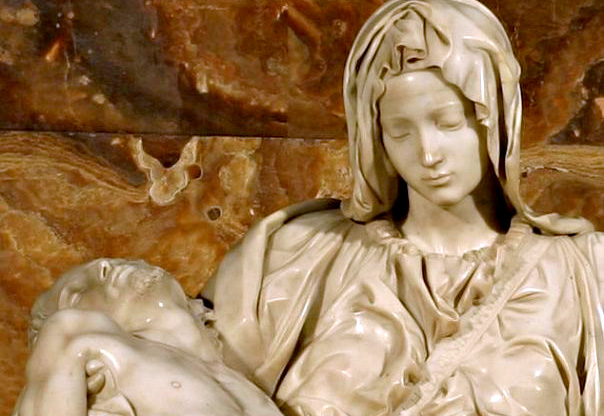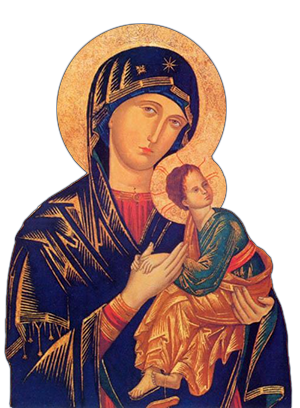Fr Maurice: Christianity as a Way of Seeing the World

God is good, all the time, and all the time, God is good (and even now)!
The Gospel of this Fourth Sunday of Lent narrates to us the incident of Jesus’ healing of the man born blind (John 9:1-41).
To me, the central image that stands out from the gospel text is that of sight: Jesus restores the sight of the blind man, and thanks to this restoration, the man has a new opportunity to see things differently, to appreciate reality from a perspective that was impossible before his sight was restored by Jesus. This image of sight can provide us with the opportunity to engage the question of how we see the world today, in the context of the global pandemic resulting from the spread of the coronavirus that has literally shutdown all sectors of normal life? In other words, what meaning can we make of the present situation of anxiety, fright and almost near sense of hopelessness about the present and the future? In precis, the lingering question is that of evil: What meaning can we make about the suffering of the innocent? What sense can we make of the evil of the coronavirus?
The question of evil portrays itself in two dimensions: moral evil, such as the holocaust or genocides, that is, evil orchestrated by humans against other humans; and physical evil, such earthquakes, tsunamis, virus outbreaks, etc. It is easy to explain moral evil even if difficult to comprehend it: it is evil resulting from the abuse of the gift of freedom by human beings. God has made us free, and using our freedom, we decide that others should not exist. But as concerns physical evil, we must face the question: How can God allow such to befall innocent people? Sometimes the existence of evil has led people to atheism, that is, to hold that because of so much evil, pain and suffering in the world, God cannot exist. How can a good God allow so much pain in the world?
Either God is good but not all powerful to be able to put an end to the evil in the world, or God is powerful but not all good and hence does not feel the need to put an end to the evil in the world. That is the dilemma that the believer faces, in times like these, when evil, pain, suffering, anxiety and fear appears to overwhelm us.
Relying on the insights from the saints such as Augustine of Hippo and Thomas Aquinas, we can say that God permits evil not because God wills evil, suffering and pain, but, ultimately, because God is capable of bringing good out of evil. The greatest example of God permitting evil and bringing out good from evil is the story of Good Friday. The Innocent One is killed. God allows His Son to be killed. But God puts a limit to evil by raising Jesus from death.
I do not know why God has permitted the coronavirus to plague the world. I will ask him that when I meet God, by God’s grace, in heaven. But I am certain that as bad as things might be, and as anxious and uncertain as things are now, God’s goodness will outlive the damaging effects of the coronavirus. And you and I, disciples of Jesus Christ, should continue to believe in God and to place our hope in God, even as we live out the concrete measures such as social distancing and washing of hands that are being called for at this moment. If God could transform the evil of Good Friday to the good of Easter Sunday, God will likewise bring some good out of the present global pandemic of the coronavirus. And Easter is the ultimate way that we Christians must see the world, even the world with the coronavirus: To see the world with the sight of the Resurrection: God will bring out something new, beautiful and good, for us and for the world. There will be an Easter morning!
– Fr Maurice



